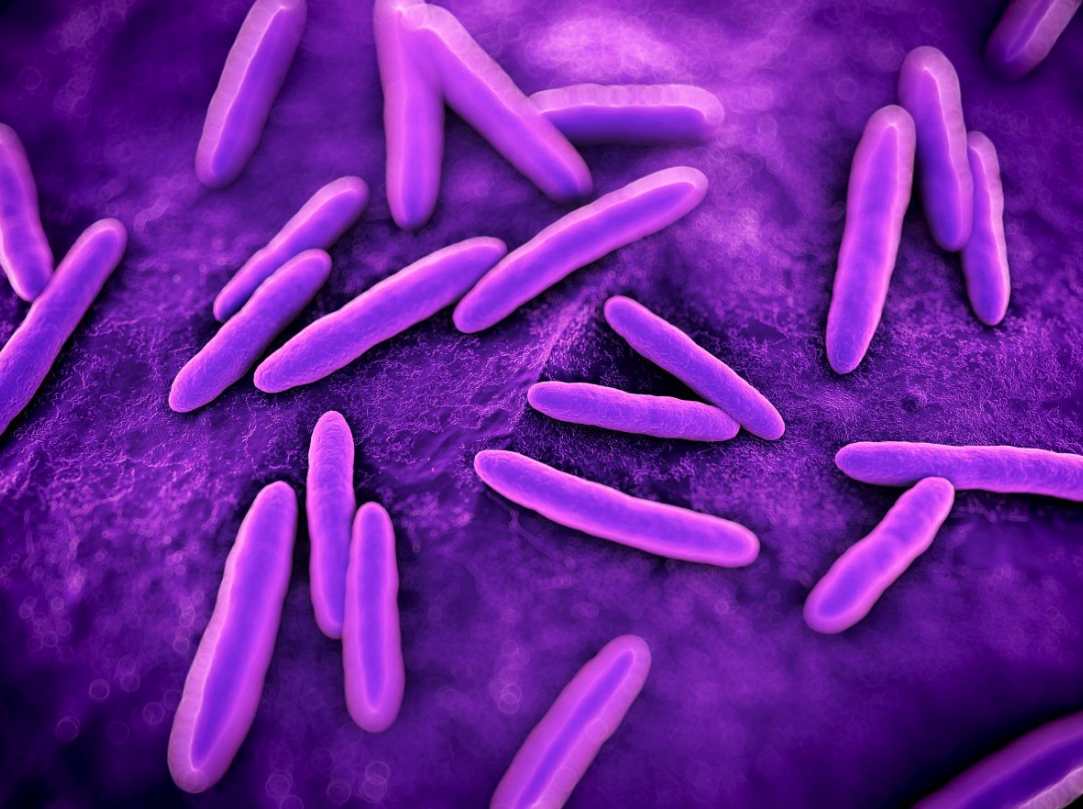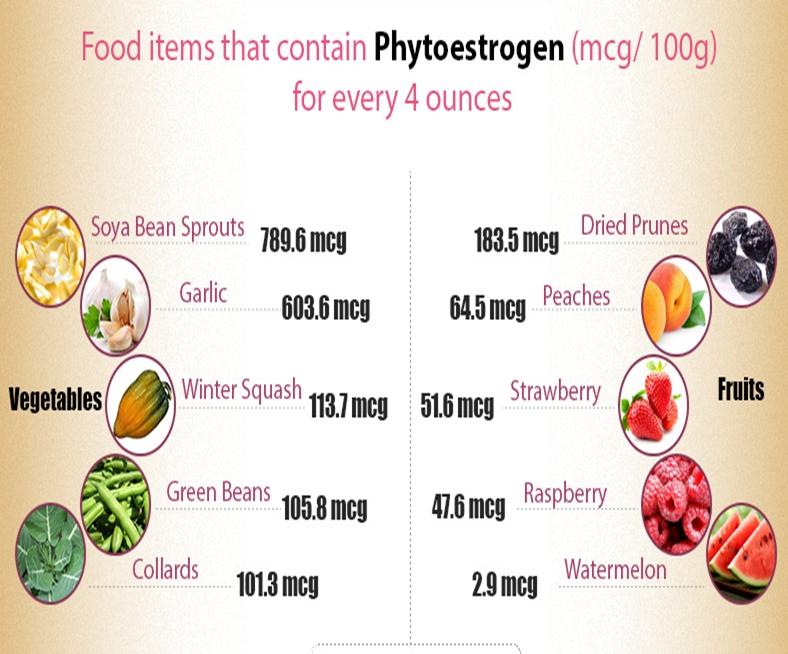Microbial contamination of food poses a significant threat to human health, resulting in foodborne illnesses that can range from mild to severe. The presence of microbes such as bacteria, viruses, parasites, and fungi can compromise food safety and quality, leading to spoilage and rendering it unfit for consumption. Several factors contribute to microbial contamination and its implications on food safety.

Foodborne microbes can originate from various sources. Animal-derived foods, such as meat, poultry, eggs, and dairy products, can carry microbes from the animal’s natural gut flora or due to poor hygiene during slaughter and processing. Plant-derived foods can become contaminated during cultivation, harvesting, and handling. Microorganisms can also be introduced through contaminated water, soil, air, equipment, or food handlers who might carry infectious microbes.

Microbial growth and proliferation are directly influenced by intrinsic and extrinsic factors inherent to the food itself and its storage conditions. Intrinsic factors include nutrient content, pH, moisture level, and antimicrobial compounds. For instance, foods high in protein and moisture provide favorable conditions for microbial growth, while acidic environments can inhibit bacterial proliferation. Extrinsic factors encompass temperature, oxygen availability, and relative humidity. Warm, moist environments promote rapid microbial growth, whereas low temperatures, reduced oxygen levels, and low humidity can slow down or prevent it.

Microbial contamination can lead to a variety of foodborne illnesses. Bacteria like Salmonella, Escherichia coli, Listeria monocytogenes, and Staphylococcus aureus are common culprits of food poisoning, causing symptoms such as nausea, vomiting, diarrhea, and abdominal pain. Viruses like norovirus and hepatitis A can also be transmitted through contaminated food or water, resulting in gastrointestinal issues and liver damage. Parasites such as Toxoplasma gondii and Cryptosporidium can cause long-lasting infections. Fungi, including Aspergillus and Fusarium, produce toxins that can lead to health problems if ingested.
Besides causing foodborne illnesses, microbial contamination can lead to food spoilage, characterized by unpleasant changes in appearance, odor, taste, and texture. Visible signs of spoilage include mold growth, discoloration, gas production, slime formation, and off-odors. Food spoilage not only compromises the nutritional value of food but also increases the risk of foodborne illnesses.
To ensure food safety and prevent microbial contamination, implementing good manufacturing practices (GMPs), sanitation protocols, and proper food handling practices is essential. These measures include regular cleaning and disinfection of food contact surfaces, adequate cooking temperatures, proper storage conditions, and educating food handlers about hygiene and safe food handling techniques. Additionally, consumers play a crucial role in preventing foodborne illnesses by following safe food handling practices at home, such as washing hands, keeping raw and cooked foods separate, cooking food to appropriate temperatures, and refrigerating perishable foods promptly.
In conclusion, microbial contamination of food can occur due to various factors and pose significant implications for food safety and human health. Understanding the sources, growth conditions, and health risks associated with foodborne microbes enables the implementation of effective control measures to prevent contamination, minimize the risk of foodborne illnesses, and ensure the safety and quality of the food supply.










